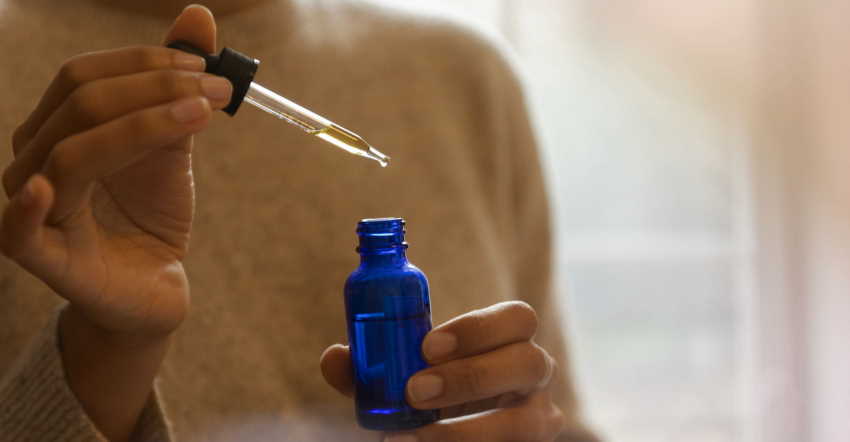
Aromatherapy for anxiety disorders is gaining traction as a natural and complementary therapy for managing anxiety symptoms. The fragrant world of essential oils can create a calming atmosphere and potentially lessen the impact of anxiety, providing a holistic approach alongside conventional treatments. Anxiety disorders are often debilitating, impacting daily life and relationships. This article explores the potential of aromatherapy in alleviating anxiety symptoms, discussing various essential oils, application methods, and the science behind their effectiveness. We’ll also address common concerns and potential limitations of aromatherapy as a primary treatment for anxiety.
Understanding Anxiety Disorders
Prevalence and Impact of Anxiety
Anxiety disorders affect millions worldwide, impacting their daily lives and overall well-being. These conditions can range from generalized anxiety disorder (GAD) to panic disorder and phobias, often manifesting as excessive worry, fear, and physical symptoms such as rapid heartbeat and shortness of breath. According to the Anxiety & Depression Association of America (ADAA), anxiety disorders are the most common mental health concern in the U.S., impacting 40 million adults annually, emphasizing the significant need for effective and accessible treatments.
Exploring Complementary Therapies
Beyond conventional treatments, many individuals seek complementary therapies to manage their anxiety symptoms. Aromatherapy, with its focus on the therapeutic use of essential oils, offers a compelling alternative or adjunctive approach to conventional treatments. By using carefully selected essential oils and applying them through various methods, aromatherapy aims to reduce stress, promote relaxation, and alleviate anxiety.
Essential Oils for Anxiety Relief
Choosing the Right Oils
Various essential oils possess properties that can calm the mind and body, potentially reducing anxiety levels. Lavender, known for its calming aroma, is frequently used in aromatherapy for anxiety. Other potent oils include chamomile, bergamot, and sandalwood. The key to choosing the right essential oils for your needs is to consider personal preferences and sensitivities.
Application Methods
Essential oils can be applied in various ways, each with its unique effects. Diffusing essential oils, such as lavender, creates a calming atmosphere, whereas topical application, like adding a few drops to a carrier oil and massaging it onto the skin, can provide localized relief. Inhalation through direct application to the nostrils also proves effective for immediate calming effects.
Related Post : are aromatherapy diffusers safe for cats
Scientific Evidence and Mechanisms
The Science Behind Aromatherapy
While the precise mechanisms by which essential oils alleviate anxiety remain a subject of ongoing research, various studies suggest their potential influence on the nervous system. The aromatic molecules in essential oils can interact with the olfactory system, stimulating the limbic system, which plays a crucial role in emotional regulation. This interaction can trigger the release of neurochemicals associated with relaxation and well-being.
Combining Aromatherapy with Other Treatments
Consider aromatherapy as a supplementary tool to support existing treatments for anxiety disorders. Aromatherapy complements other interventions, including cognitive-behavioral therapy (CBT) and medication. A holistic approach often yields better results when incorporating diverse therapeutic modalities.
Practical Application and Safety Precautions
Creating a Calming Space
Creating a calming environment is essential for effective aromatherapy. Dim the lights, play soothing music, and use soft lighting to minimize sensory overload, promoting relaxation. Diffusing calming essential oils, such as lavender, can effectively create such a space.
Precautions and Considerations
While generally safe, certain essential oils can have adverse effects on some individuals. Always test a small area of skin for sensitivity before applying the oil to a larger area. Pregnant or nursing women, as well as those with pre-existing conditions or taking medications, should consult a healthcare professional before using aromatherapy, especially with essential oils.
Conclusion for Aromatherapy for Anxiety Disorders
Summary and Implications
In summary, aromatherapy offers a practical and natural approach to managing anxiety symptoms. By carefully selecting essential oils, applying them through different methods, and combining aromatherapy with other treatments, individuals can potentially experience significant relief from their anxiety. Aromatherapy is not a standalone solution but an effective addition to an overall wellness plan.
Moving Forward
As we explore the potential of aromatherapy in managing anxiety, the need for further research is critical to fully understand the mechanisms and to provide robust evidence for its effectiveness. This ongoing research can inform broader applications of aromatherapy in healthcare settings and personal wellness practices. Learning and understanding the nuances of aromatherapy can give you power over your anxiety.
Frequently Asked Questions
What are the most effective essential oils for anxiety relief?
Essential oils like lavender, chamomile, and bergamot are commonly known for their calming properties. These oils are often chosen for their ability to promote relaxation and reduce stress. However, individual experiences may vary, so experiment with different blends to determine what works best for you. Consulting a professional aromatherapist can provide personalized recommendations.
Can aromatherapy for anxiety disorders replace conventional treatments?
No, aromatherapy should not be considered a replacement for conventional treatments like therapy or medication. While aromatherapy can be a valuable complementary therapy to help manage anxiety symptoms, it is crucial to seek professional medical advice for diagnosis and treatment of anxiety disorders. Aromatherapy can be a valuable addition, but it’s not a substitute.
In conclusion, aromatherapy for anxiety disorders offers a natural and accessible pathway to manage symptoms and improve overall well-being. By incorporating essential oils into your daily routine, you can create a calming environment and potentially reduce stress and anxiety levels. Remember to consult with a healthcare professional before implementing any new treatment plan, especially if you have underlying health conditions or are taking medications. Explore further resources for personalized guidance and continue learning about the potential benefits of aromatherapy for anxiety. Visit our website to learn more about our workshops and to find additional resources.